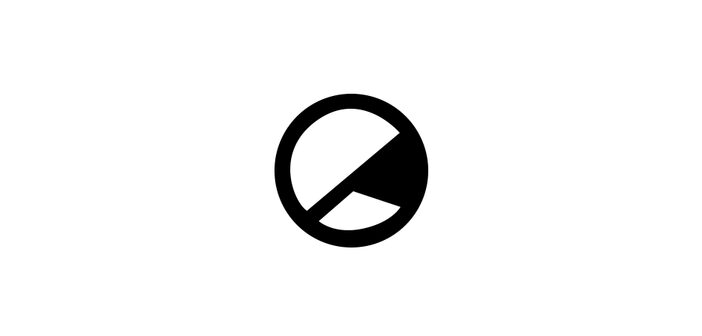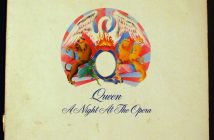This year Plastic Ono Band turns half a century old. Aside from the albums Lennon released during his Beatles years, I’m of the firm opinion that this album is Lennon’s best. Emerging from primal scream therapy (which is exactly what you think it is) Lennon handed us – on a silver platter – his most creative, raw and emotionally taxing album ever.
Primal scream heavily influenced both the lyrical content and the simplistic yet intense music style. Looking in from the outside looking onto scream therapy, it looks to be one of the most abstract ways of releasing repressed childhood traumas. But for Lennon it enabled him to write and produce an album that is still widely celebrated; The Rolling Stone Magazine placed it 23rd in the 500 best albums of all time, and for good reason.
Co-produced by Lennon and Ono the lyrics reflect Lennon’s personal issues and include themes of child-parent abandonment and psychological suffering. ‘Mother’, perhaps the most emotional track, address both of his parents who abandoned him in his childhood years. A striking morbid funeral bell rings through the first few seconds of the track, which set the grave foundations that reflect Lennon’s emotional turmoil and psychological decay that characterised his teens and early twenties. The last line of the record is heart-wrenchingly sombre as Lennon repeats the phrase ‘Mamma don’t go, Daddy come home’, each time increasing in intensity until he screams the line as the song fades out. He is very much regressing back into a vulnerable child and attempts to reach out to listeners for the love he never received as a child. The lack of childhood affection affected Lennon’s relationship in later life and manifested the anger and hurt he had towards his parents.
Following on from ‘Mother’, the most upbeat song on the album, ‘Hold On’ gravitates away from the childhood trauma and focuses on emotional fragility. Lennon explicitly name-checks himself and Yoko Ono insisting that they have to just “hold on” and that eventually they’ll “win the fight”. In an interview after the release, Lennon explains the song as anticipating the small moments of happiness in life that we have to ‘hold on’ to experience. It’s a comforting track that assures fans and listeners that better, brighter days are approaching.
Despite his rage and pain, Lennon sings of embracing love in the wistful and lilting track ‘Love’ and the renunciation of all external saviours in ‘God’. In the piano-driven climax of ‘God’, Lennon lists a handful of things he does not believe in, including the Beatles, Elvis, Jesus and Zimmerman (Bob Dylan), proclaims he only believes in him and Yoko. He shatters many fans dreams of the Beatles’ relationships existing pre-1970 as he claims ‘the dream is over’.
Lennon’s political stance evolved from this record and although it received many favourable reviews, NME claimed that even though the album offered truths that would resonate with listeners, Lennon was governed by “a great big chip on his shoulder about class consciousness and the unfairness of the world”.
Being the best solo album of Lennon’s and his most influential work, it indeed deviates from the pop-rock music the Beatles created proving John Lennon was just as, if not, more influential without them.
Check out ‘Mother’ from Plastic Ono Band below:




